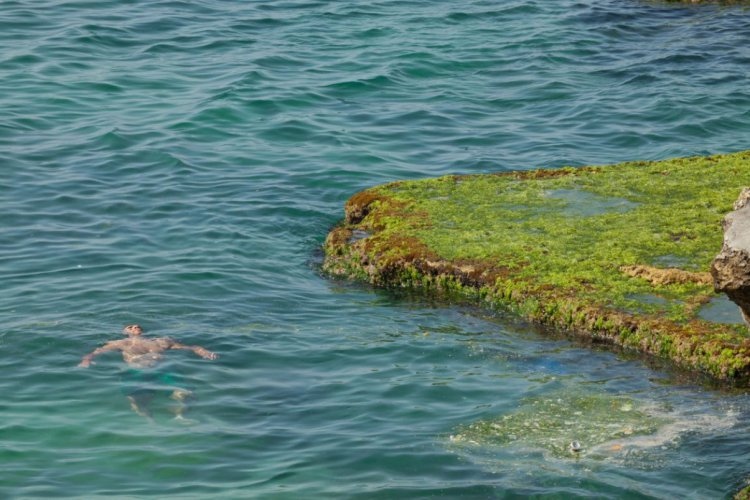I have been working this year as the lead photographer on a documentary looking at the water and waste crisis in Lebanon
In July 2015, tens of thousands of Lebanese gathered in Beirut's Martyrs' Square to protest the mounting trash crisis. They were angry at the government for not resolving a basic issue: trash collection. The country's largest dump had closed "“ almost two decades after it was supposed to "“ and with nowhere for the trash to go, it started piling up on the sides of roads, under bridges, on the banks of rivers, and dumped in valleys.
Beirut and other cities stank of trash; trash was being burned on the roads; people got sick. The protests quickly developed into being about more than just the trash crisis and the state's inability to deal with it, but about the political system itself.
The demonstrations generated attention about a relatively neglected issue "the environment. While the topic had on occasion surfaced in the public sphere, public attention to it has certainly not reflected the scale of on-going ecological deterioration. Like many other development issues it is drowned out in the cacophony of voices that result from Lebanon's sectarian divisions and the ensuing struggles for power.
The documentary focuses on the water cycle, sustainability, the management of water resources, and the impact of the recent trash crisis on water resources as well as public health.
Beyond just documenting ecological degradation and its effects, the documentary elaborates on the interrelated social, political, economic and ecological processes that produce these dynamics of pollution.
The aim of the documentary is to highlight the challenges facing the country in terms of water resources and management, now and in the future. Based on research carried out by universities, institutions and media reports, the documentary will show to the Lebanese public, as well as an international audience, the dangers to one of the country's most important resources.
Journalist Paul Cochrane and academic Dr Karim Eid-Sabbagh are the co-directors and script writers, while Alan Gignoux is the documentary's lead cameraman.
The documentary, slated for release in 2017, will be in both Arabic and English.

